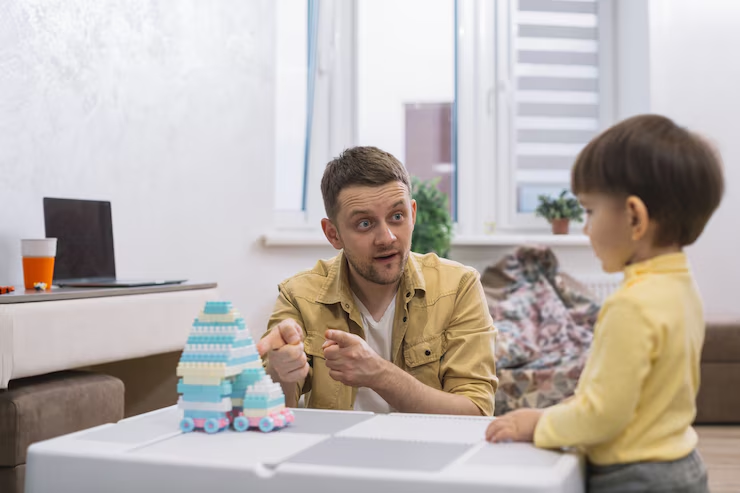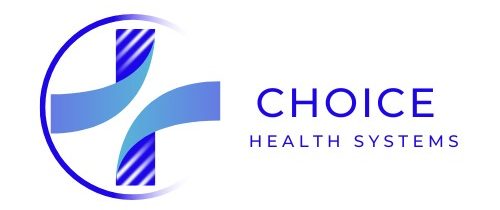Pyschiatric Rehabiltation Program for Minors (PRP)

Send Referrals
Don’t hesitate to let us know who would greatly benefit from our service. Send them our way Today!
Working With You
Pyschiatric Rehabiltation Program for Minors (PRP)
Our minors are geared towards promoting self-sufficiency and advocacy for children. Our goal is to provide our minor client services include but are not limited to providing individuals with the tools to become independent and successful while building on positive self-image. Our PRP minor service focuses on the main areas outlined below:
- Supportive & educational services for students, youth, and their parents
- Independent living skills and IEP/ support and advocacy, transitional age youth support services
- Health promotion and training, especially for children and parents with IEP students in transition (i.e. IEP treatment plan, challenges, advocacy in family/home/school dynamics, student/ teacher interaction and support, etc.)
- Safe sex and prevention as a tool to keep youth focused on self-care and wellness
- Ensuring parents, youth and special needs children are aware of and have
access to entitlements, educational development, career development and other
available benefits - Strengthening communication skills between parents/teachers and between
children, parents and other adults - Promote the recovery and self-determination process for youth to fully develop
to the maximum potential - Rehabilitation assessment and evaluation to identify strengths, skills and needs
- Formulating goals for youth with special needs to proactively address those
needs - Facilitate development of age appropriate daily living and social skills
- Promote use of community resources by families
- Medication education and monitoring as needed
- Reduce inpatient hospitalizations and out of home placements for youth
- Decreasing frustration with school system when trying to meet educational
needs and developmental need of transitional age youth - Promoting education and implementing IEP goals into individualized
comprehensive treatment plan - Coping skills training (learning how to Self Manage a diagnosis)
- Organizational skills management
- Positive problem solving methods
- Anger management
- Relationship building and self-esteem
- Personal awareness and boundaries
- Childhood behavioral disorders and sensitivity to kids who live with them
- Personal hygiene and nutrition

